Highlight how to use equal groups to solve multiplication problems with this set of 24 task cards.
Equal Groups – Definition for Kids
Equal groups in math refer to collections or sets that contain the same number of items or elements in each group. For elementary students, understanding equal groups is foundational to comprehending multiplication and division.
Looking for an easy way to explain this concept to your students? Here’s an explanation you might find helpful to convey this concept:
Equal groups in math are simply sets that have an equal or identical number of items in each group. It’s like organizing items into “bundles” or “clusters” where every bundle contains the exact same quantity. For example, if we have 4 groups of 5 apples each, we have 4 equal groups, each holding 5 apples.
Relate Equal Groups and Multiplication
Teaching students basic multiplication strategies is an essential precursor to memorizing multiplication facts. There are many different ways you may teach your students about the concept of multiplication, such as arrays, repeated addition, skip counting on a number line and more. Another multiplication strategy that is beneficial is teaching your students how to relate equal groups to multiplication problems.
Understanding equal groups is fundamental in comprehending multiplication as it teaches students to organize quantities into sets of equal size. It sets the stage for more advanced concepts in mathematics and helps students grasp the essential idea that multiplication involves repeated addition of equal groups.
How to Get Your Equal Groups With Multiplication Task Cards
If you are ready to use these task cards with your students, head on over to the green download button! Here, you will find the quick-print PDF file as well as the editable Google Slides document. If selecting the Google Slides option, please note that you will first be prompted to make a copy of the resource to your personal drive before accessing it.
Consider printing the task cards on cardstock and laminating them to ensure they will be used for many years to come!
This resource was created by Cassandra Friesen, a teacher in Colorado and a Teach Starter Collaborator.
Looking for More Equal Groups Resources?
Don’t stop there! We’ve got more activities to shorten your lesson planning time:
[resource:4477997] [resource:4487562] [resource:4649086]
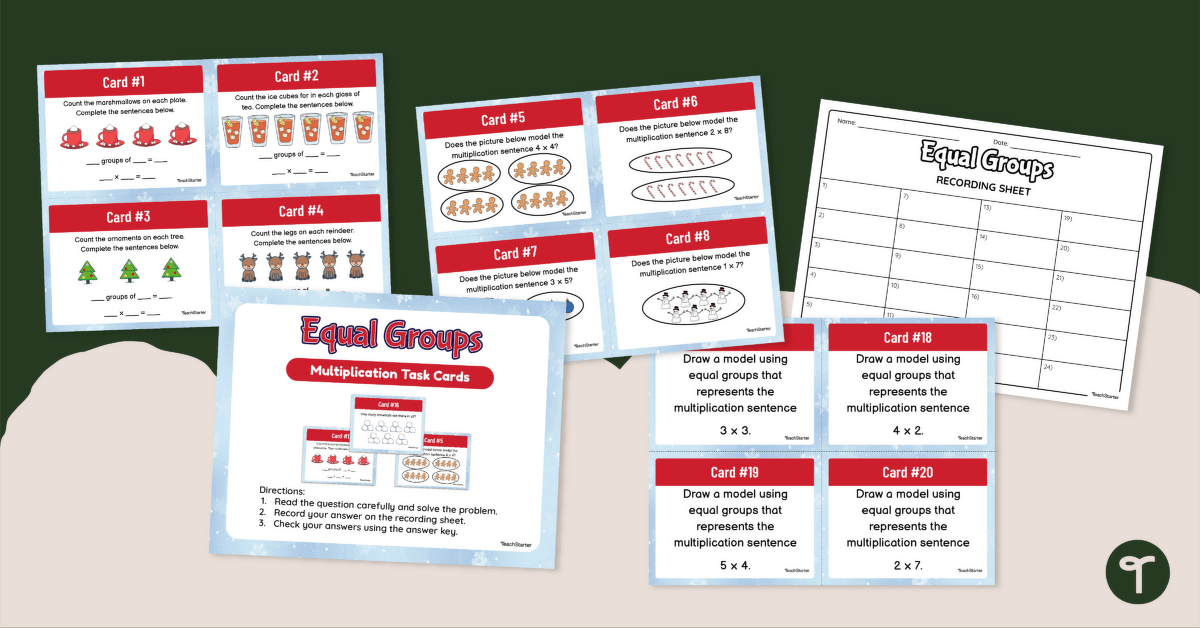

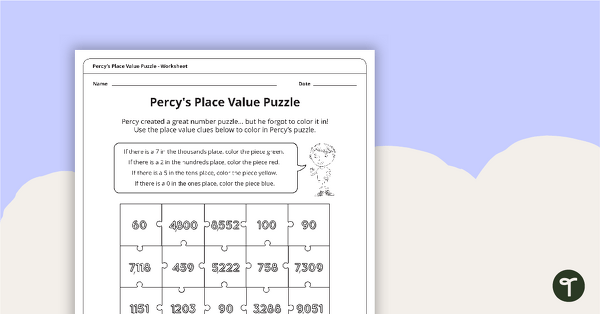
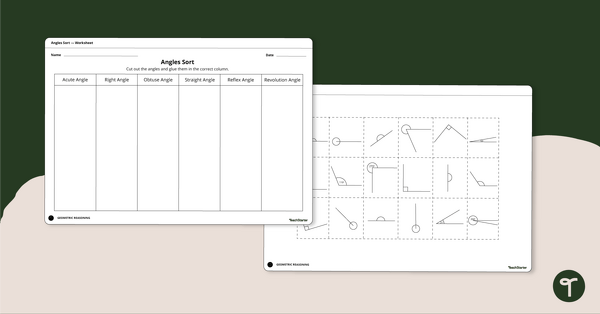
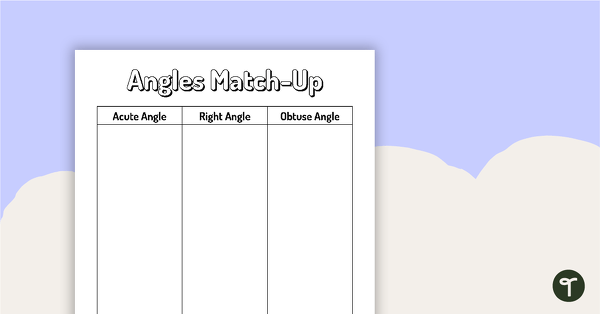
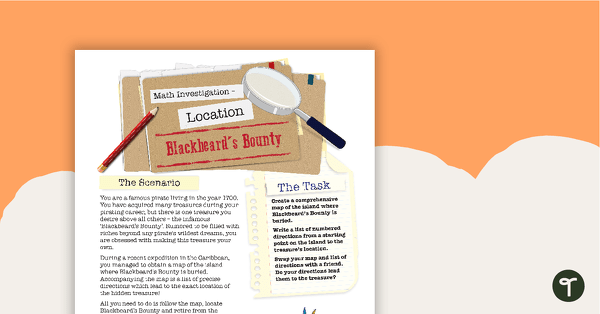
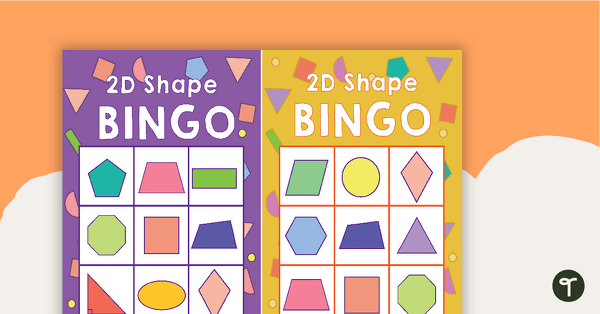
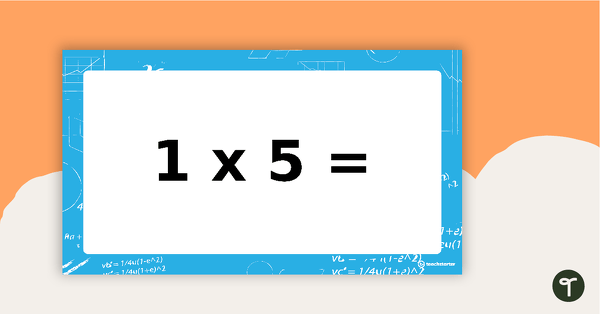
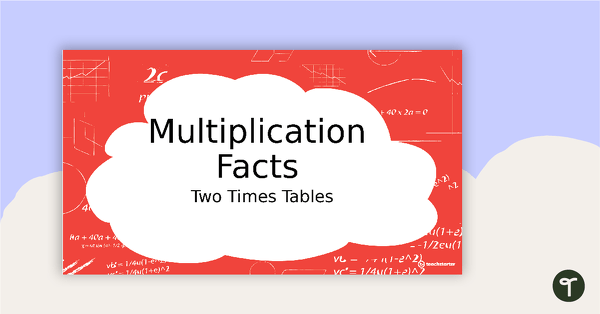
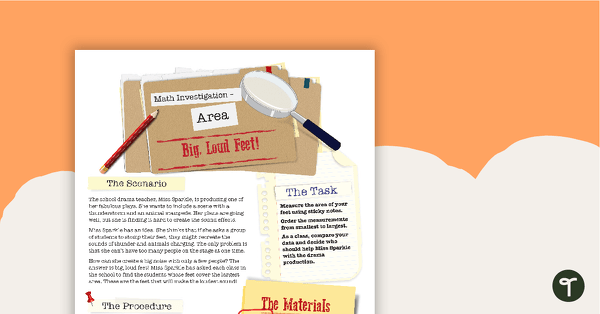
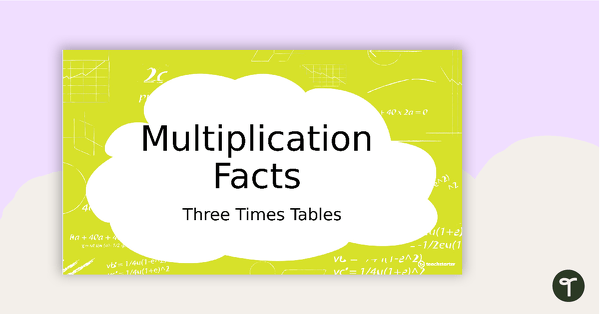
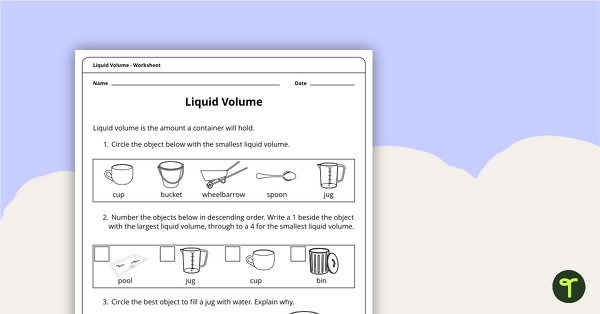
0 Comments
Write a review to help other teachers and parents like yourself. If you'd like to request a change to this resource, or report an error, select the corresponding tab above.